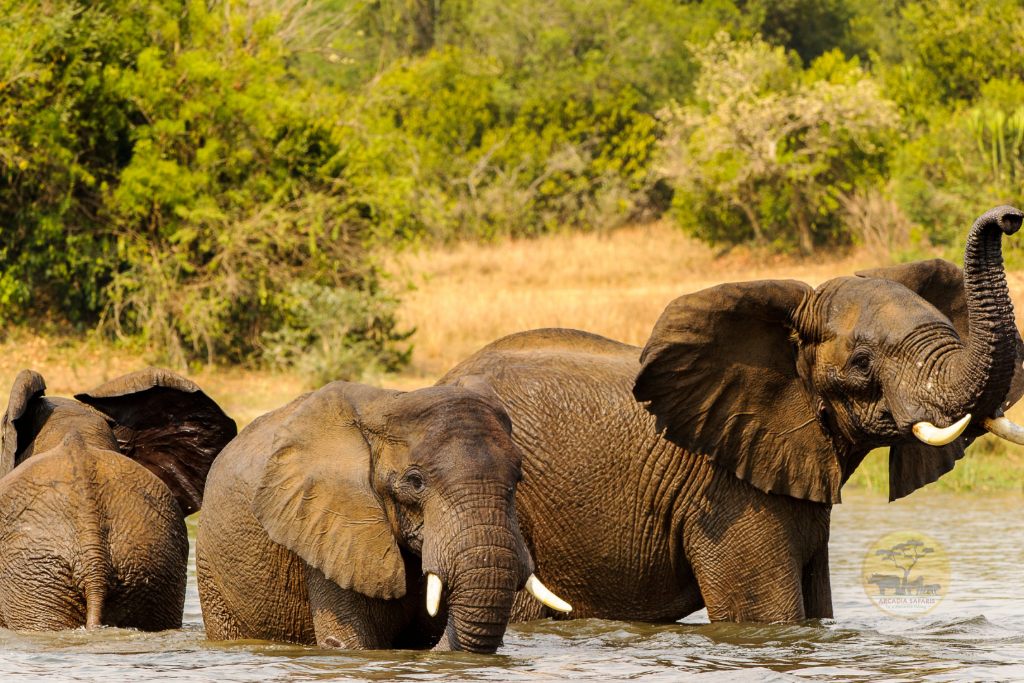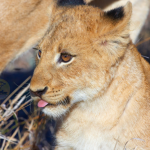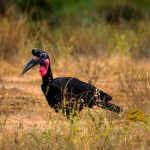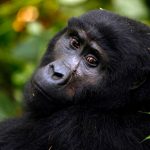The Gestation Period of African Elephants: A Journey of Life.
While talking about the largest land mammal on Earth, the African elephant, its gestation period is amazing as well as this tremendous creature itself. The period of gestation is approximately 22 months and for the Asian Elephant its between 18-22 months; it is the longest in the animal kingdom. Knowledge about the gestation period in African elephants gives several hints about the reproductive biology and underlines various challenges that face these grand animals in the wild.
The Gestation Timeline of an Elephant.
1. Conception
The gestation period begins with the mating, which generally happens in the rainy season when the food is available. The female elephants, or cows, become sexually mature between 10 and 12 years but normally give birth to their first calf much later, at around 14 years old. Mating can be social in nature, with complicated rituals and displays.
2. The First Trimester (Months 1-7)
In the first couple of months after mating, there may be no apparent indication if a cow is pregnant or not. Some early signs of pregnancy involve hormonal changes that affect behavior either by increased aggressiveness or tender cares. In this period, there is rapid development in the embryo, since all the vital organs and systems start to be developed.
3. The Second Trimester (Months 8-15)
With the advance in pregnancy, the belly of a cow begins to show a lot more. The stage of pregnancy is very important for fetal development because size and weight increase significantly. By the end of this trimester, the fetus is approximately 25% of the birth size, and it starts to develop skin, hair, and tusks.
4. The Third Trimester (Months 16-22)
In the last trimester of gestation, the most growth in the calf is developed to prepare the animal for life out of the womb. Because of the bigger size of the developing calf, the body changes more and requires higher nutritional input. At this stage, the cow may become more solitary, retreating to quieter and safer areas, as she readies herself for birthing.
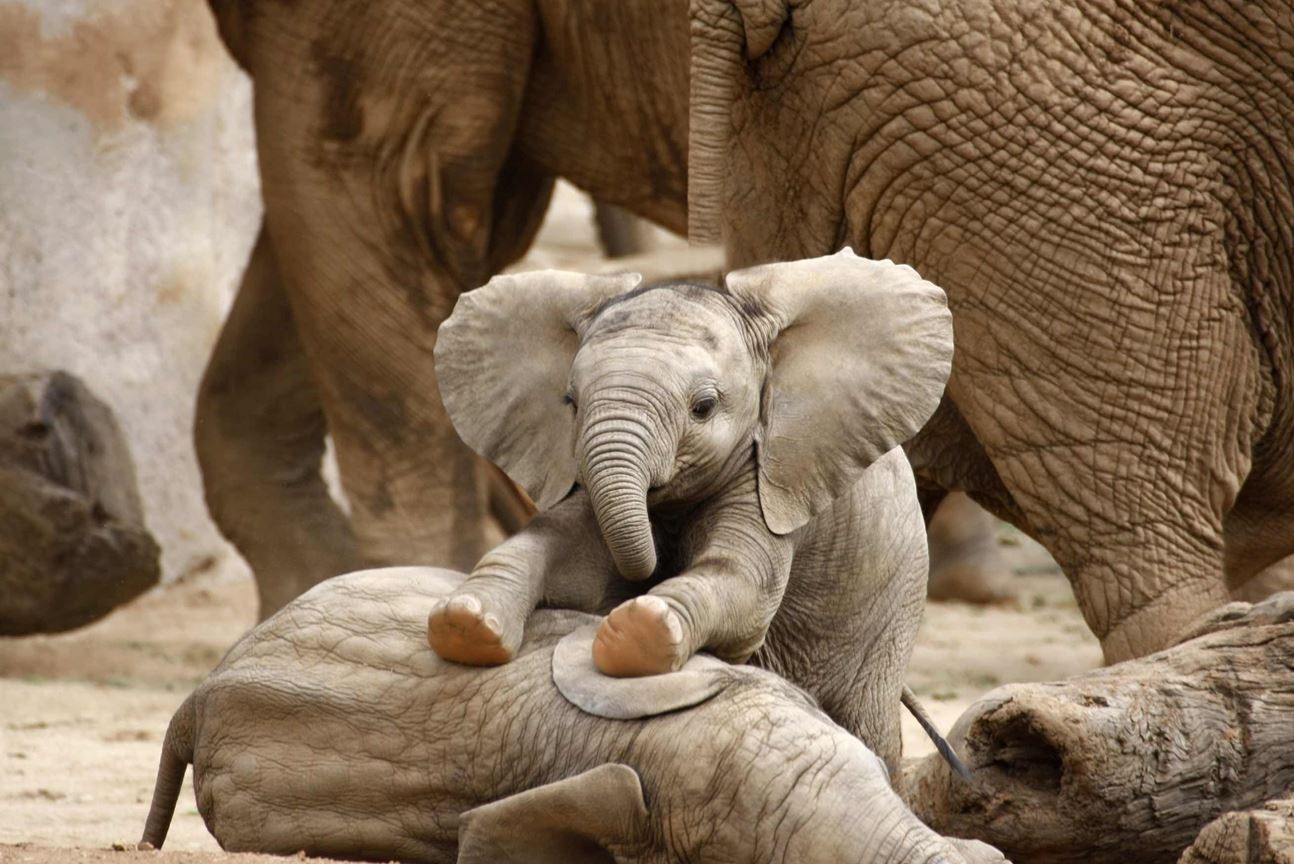
The Birth Process: Gestation Period of an Elephant.
They normally find a secluded place where they deliver the baby in the night or early morning. As a rule, elephants have strong family relationships; therefore, other females of this herd help during delivery by keeping watch and maintaining security. The newborns are about 220 to 250 pounds (100-113 kg) and 3 feet tall.
Birth is comparatively fast; it takes about 30 minutes to an hour. In a very short time after birth, the calf is able to get up and move, another valuable characteristic that helps the animal survive as well as escape from predators. She will then nuzzle her newborn into standing as well as encourage it to nurse in the first hour to make sure it gets colostrum, rich in antibodies necessary for the calf’s immune system.
Maternal Care and Bonding.
The attachment between the cow and her calf is strong and durable. She nurses her calf for two to three years, while the calf, however, starts eating solid foods since it reaches six months old. It is now that the cow begins to teach her calf very important survival skills that range from foraging to social behaviors involving the use of their habitat.

Challenges in the Wild: Gestation Period of an Elephant.
The gestation period in the life of African elephants will present a variety of unique challenges. Ranging from having a long commitment to raising a calf, the mother must ensure she has enough food and water, which may be in short supply, especially considering any drought conditions that may exist. This, in combination with threats from poaching, habitat loss, and human-wildlife conflict, is likely to present dangers to both mother and calf during survival.
Conservation Considerations.
Knowledge of the African elephant reproductive cycle is deeply connected to their conservation. With such a long gestation period and the care required for a calf to survive, habitat preservation and population stability are very critical. Programs usually involve habitat preservation, anti-poaching, and community education aimed at mitigating human-elephant conflicts.
Comments on the Gestation Period of an Elephant.
Not a biological aberration, the gestation period for African elephants speaks volumes to the hardy nature of this species and the web of life they are in. With good conservation and a commitment to protecting their habitats, future generations can continue seeing these animals thrive in the wild. The fact that we understand their journey from conception into birth helps us appreciate the complexity of their lives and the urgent need that there is to safeguard their future.


